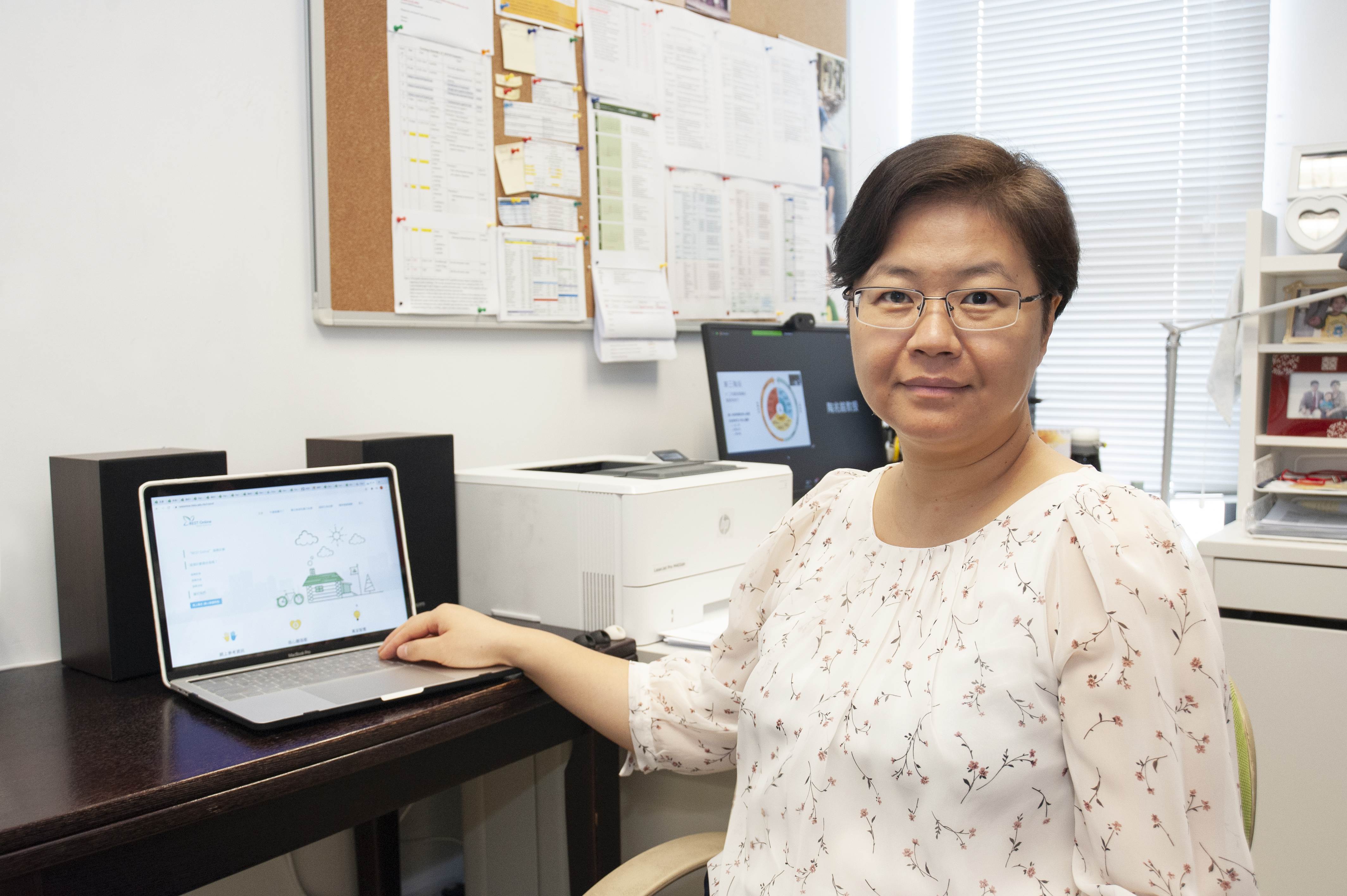Press Release
HKBU finds online counselling programme reduces psychological distress of university students
Monday, 24 June 2024
An internet-based cognitive behavioural therapy (iCBT) programme developed by a research team led by Hong Kong Baptist University (HKBU) has been found effective in reducing university students’ psychological distress, symptoms of depression and anxiety, and negative thoughts and emotions. A study conducted by the research team suggested that the programme can serve as an alternative service model to meet the increasing mental health needs of university students.
The findings of the study have been published in the academic journal Research on Social Work Practice.
Psychotherapy through online platform
Guided iCBT is a goal-oriented psychotherapy that helps people cope with life challenges by adjusting their patterns of thinking or behaviour, using structured self-help online sessions with the assistance of therapist support. Named “REST Online”, the 10-week iCBT programme developed by the research team led by Dr Pan Jiayan, Associate Professor of the Department of Social Work at HKBU, comprises eight online modules featuring CBT skills briefing and debriefing, case demonstrations videos, online assignment and assessment, etc. Each participant is paired with a therapist who conducts two face-to-face or online counselling sessions as well as giving feedback on participants’ assignment.
From August 2020 to September 2022, REST Online recruited 189 university students with mild to moderate psychological distress to engage in the programme. Out of this cohort, 69, 65 and 55 students were randomly assigned to the web-based iCBT programme, app-based iCBT programme, and waitlist control group respectively. Participants in the waitlist group were provided with delayed access to the app-based iCBT programme. All the students filled out the same online questionnaire before the programme, immediately after the programme, and at three-months follow-up assessments.
Effective in alleviating psychological distress
The research results indicated a significant alleviation of psychological distress, depressive and anxiety symptoms as well as negative thoughts and negative emotions, and a notable increase in positive thoughts and emotions for the participants in the two experimental groups after completing the programme. However, these changes were not observed in the waitlist control group. The positive intervention effects of the iCBT groups were maintained at the 3-month follow-up assessment.
According to the questionnaire completed by the participants before the programme, all were classified as being at risk of developing mental health problems. However, 41% of participants in the two experimental groups were not classified as subject to risk of psychological distress on completion of the programme, compared to only 20% in the waitlist control group.
Participants’ mood improved steadily
During each online session, participants were instructed to rate their mood over the past week using a 10-point scale, where “0” represents “very unhappy” and “10” represents “very happy”. The mood check scores showed a gradual increase from an average of 5.19 in the first session to 6.07 in the eighth session for the two experimental groups, indicating a steady improvement in participants’ mood throughout the intervention.
Dr Pan said: “There is a shortage of mental health service professionals in Hong Kong. Our findings show the potential of embedding iCBT as a valuable and feasible alternative approach of service delivery in existing university counseling service to address the significant mental health service demands of Hong Kong university students, due to its efficacy and cost-effectiveness to serve more university students.”

